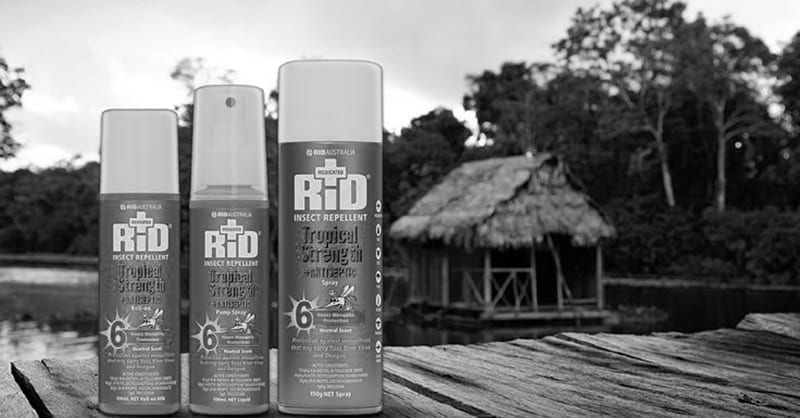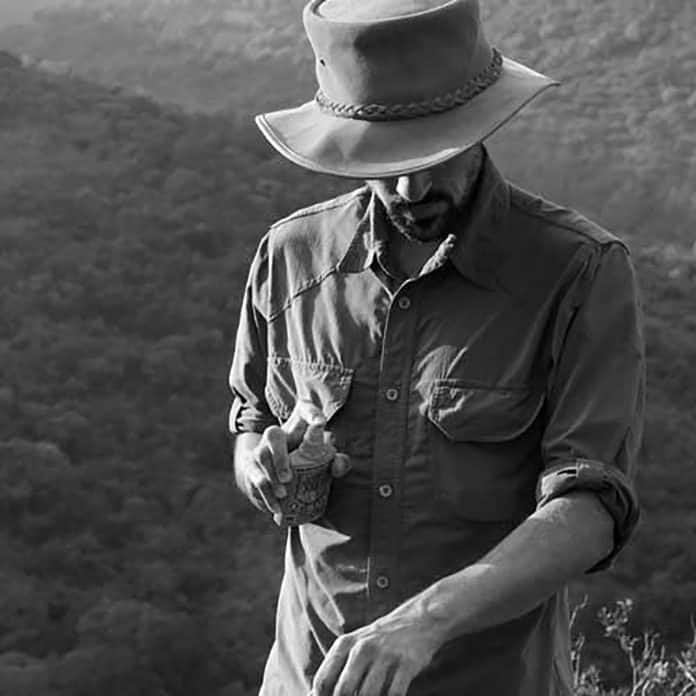The Ultimate Guide to Choosing the Best Insect Repellent for Tanzania Safari
An African Safari is an adventure like no other. Each journey is filled with unique, breathtaking sights and experiences that will leave you spellbound. However, one aspect that can put a damper on this epic journey is the presence of bugs. In particular, Africa is infamous for its mosquitos. This guide will help you select the best insect repellent for Tanzania safari to ensure a bug-free, memorable trip.
Understanding Malaria
Before we delve into the world of insect repellents, it’s crucial to understand why we need them. One of the significant concerns when going on a safari in Africa is Malaria, a disease spread by female Anopheles mosquitos, which primarily bite during the night.
Malaria begins when the mosquito’s parasite enters the bloodstream, travels to the liver, and then re-enters the bloodstream to attack red blood cells. The symptoms of Malaria can vary but typically include:
- Fever and chills
- Vomiting and diarrhea
- Sweating
- Muscle pain
To keep these pesky mosquitos at bay and ensure a safe trip, it’s crucial to invest in a reliable bug repellent.
Tip 1: Choosing the Right Repellent
When it comes to choosing the best insect repellent for Tanzania safari, you might find yourself overwhelmed with the wide range of options. It’s important to remember that not all repellents are created equal, and going for the cheapest option might leave you vulnerable to bug bites.
DEET is the active ingredient in most effective bug repellents. The concentration of DEET in your repellent determines its effectiveness and longevity. For instance, a repellent with 80% DEET could last up to ten hours, which is ideal if you’re out exploring all day.
However, it’s essential to read the instructions carefully as some repellents with a high concentration of DEET should not be applied directly onto the skin.
Recommended Repellents
Purchasing repellents before embarking on your journey is advisable as finding quality products while traveling can be challenging. Here are some reliable repellents to consider:

- RID Tropical Insect Repellent: Produced in Australia, this repellent is known for its effectiveness against all flying insects. It’s safe for both skin and clothing and is available in spray and roll-on forms.
- Natrapel 8-hour insect repellent: This DEET-free repellent uses a Picaridin formula and is safe for skin application.
- Mosi Guard: This natural insect repellent uses OLE (Oil of lemon eucalyptus) as an active ingredient, which is known for its effectiveness against mosquitos.
- Jungle Formula: Containing 50% DEET, it’s convenient to carry and safe for children above six years of age.
Repellents and Young Children
DEET is not recommended for application on young children’s skin, and the maximum safe concentration is 7%. Also, avoid applying bug repellent on children’s hands as they might end up rubbing their eyes or putting their fingers in their mouths.
For children, RID Tropical Insect Repellent offers a child-safe version called KIDs RID.
Electronic Repellents
Electronic repellents can seem like a hassle-free solution, but they are not recommended as the sole line of defense against bugs. These devices need to be plugged into an electronic point and are most useful in hotel rooms. They release vapor into the room, discouraging bugs from entering. However, you should still apply your spray or lotion before sleeping to ensure full protection, especially in high-risk areas like Nigeria.
Tip 2: Dress Right
Ever wondered why the typical safari wear includes light-colored shirts and cargo pants? Bugs, especially mosquitos, are more attracted to darker colors. Therefore, packing clothes in white, cream, and beige can help keep the bugs at bay.
Additionally, long sleeve tops and pants are recommended, especially during the early morning and late evening hours when mosquitos are most active. Cotton is an excellent fabric for staying cool in the heat.
Tip 3: Remember to Reapply
While you’re busy exploring and having fun, it’s easy to forget to reapply your mosquito repellent. A useful tip is to set a reminder on your watch or phone to alert you when it’s time to reapply.
Final Thoughts
Going on an African safari is an adventure of a lifetime. And to ensure that the experience remains pleasant, a good insect repellent is a must-have in your travel kit.
While choosing the best insect repellent for Tanzania safari, consider the reviews and avoid cheap knock-offs. Remember, the goal is to create unforgettable memories, not to bring back unpleasant bug bite souvenirs. For more facts and information about your African safari, check out this guide.
For more articles related to Tourism in Tanzania, click here!

































